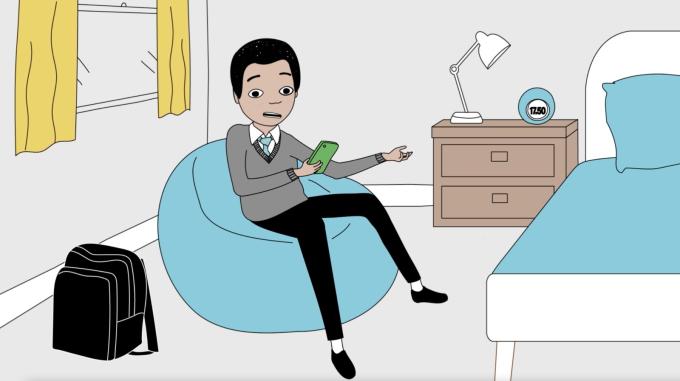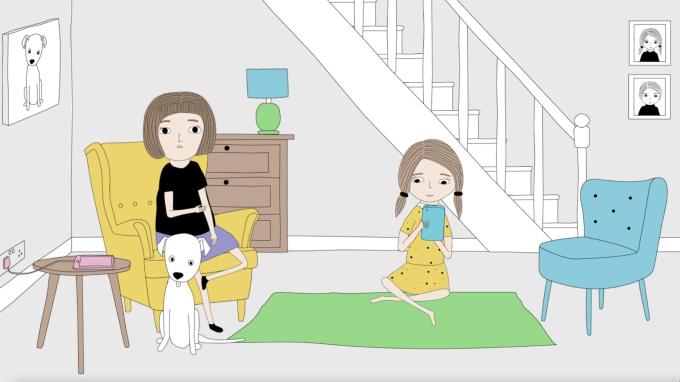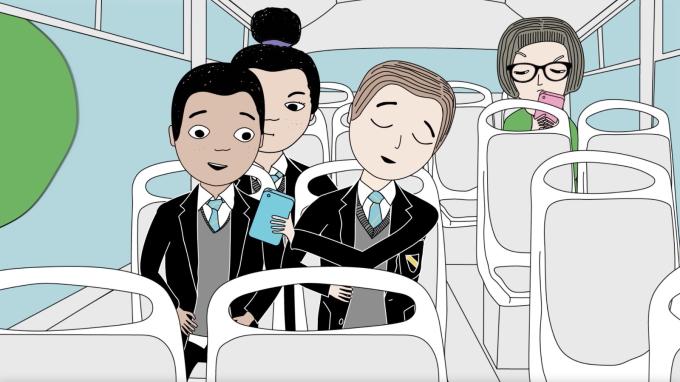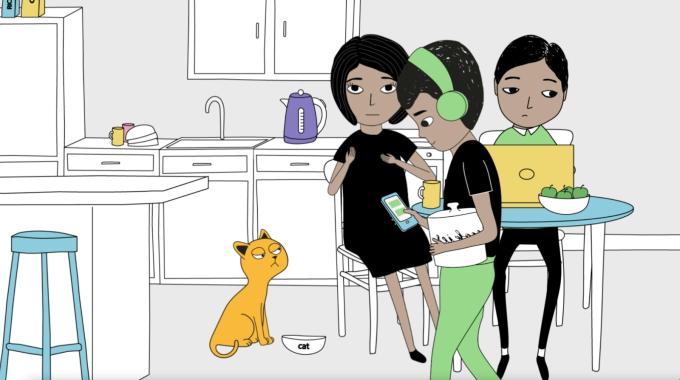Every child deserves to feel safe online – and we all have a part to play. Find out more about online safety from the experts.
Children and young people are online more than ever before. In fact, 7-16-year-olds who use the internet say that they spend almost four hours a day online (Childwise, 2021). Plus, half of ten-year olds now own their own smartphone (Ofcom, 2019)
Not only are children spending more time on the web, but the lines between their online and offline lives are becoming increasingly blurred.
Time spent online can be positive. It offers endless opportunities for young people to make friends, have fun and learn new things — they can learn, play and connect with peers. However, it can also pose real-life dangers — from online bullying and threats to sexual abuse and poor mental health.
As a parent or carer, it can be difficult to navigate all the new platforms and games, let alone talk to your child about online safety. Whether they’re gaming, chatting, posting, or streaming, we want to support parents to help keep children safe online.
Read our open letters to pornography sites and government asking them to do more to protect children
Children could access pornography over 50 million times in the next three years*. The content children are seeing includes rape, incest, domestic abuse and child sexual abuse.
We see first-hand that watching this content harms children’s mental health and can normalise aggressive and harmful sexual activity. Commercial pornography sites could do so much more to prevent children from accessing their sites. We need them to take action before more children are harmed.

Keeping children safe online: how to start the conversation
Struggling to talk about online safety with your child? Here are some expert tips on how to start the conversation.

Is my child safe online? Parents' questions answered
We’ve answered some common questions from parents and carers about how to help keep children safe online.

End-to-end encryption and keeping your child safe online: A guide for parents and carers
This guide from the Internet Watch Foundation explains what parents and carers need to know about end-to-end encryption and how to keep children safe online.

Online pornography and age verification: what parents need to know
This guide from the BBFC outlines what you need to know for when the time comes to speak to your child about online pornography and how to broach those tricky conversations
*According to Government statistics, in 2016 pornography was accessed 1.4 million times by UK children every month. That number is likely to be higher now due to the increase in time spent online during and post pandemic.
Imagery by Popla Media

